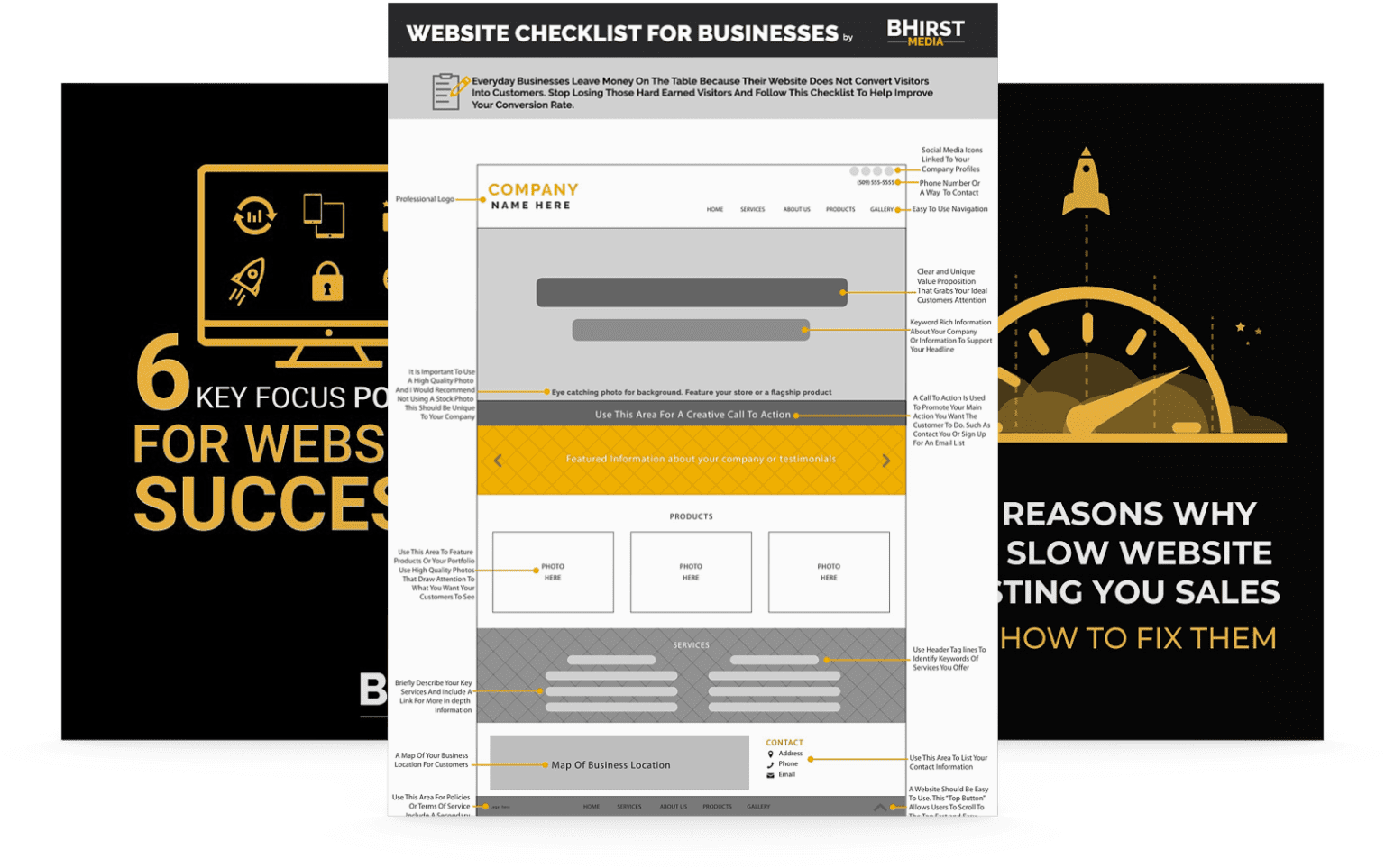
Privacy policies and clear terms are not just functional documents—they are key tools that establish trust, define protections, and set your business apart as transparent and credible. Below, we’ll explore how you can craft policies that resonate with customers while meeting essential legal standards.
Ever questioned if you’re truly prepared for the complex web of data regulations? For small business owners, a privacy policy isn’t just legally necessary but a cornerstone of customer trust and legal compliance.
In today’s digital-first world, customers are more vigilant than ever when it comes to how businesses handle their personal data. Crafting clear, transparent privacy policies doesn’t only demonstrate ethical business conduct; it actively builds trust, safeguards your business, and can avoid costly penalties. Dive in as we explore how to leverage effective privacy policies to not only remain compliant but also to turn data protection into a strategic advantage that extends beyond legal checkboxes.
Let’s discover why privacy policies matter in driving customer confidence and propelling your business forward, and how a well-crafted approach can boost brand loyalty and sustainable growth.
Privacy policies may often seem like yet another administrative task for small businesses, but they are far from a bureaucratic formality. A privacy policy defines how a business collects, uses, and protects personal information from its customers. With the digital landscape growing ever more complex and consumer awareness on the rise, privacy policies serve a dual purpose: they aren’t solely about legal compliance but also about building trust. At its core, a privacy policy reassures customers that their sensitive data isn’t just another tool for the business to exploit but rather a responsibility to safeguard.
Transparency through well-drafted privacy policies can significantly influence customer behavior. Consider the story of Sarah, a freelance graphic designer. She noticed a drop in inquiries after implementing an intrusive tracking code on her website without updating her policy. Upon receiving negative feedback, she revised her policies to be more explicit about what visitor data was being collected and how it was used, and suddenly, her customer trust and engagement returned. This underscores that transparency can lead to measurable benefits like increased customer loyalty, reduced churn rate, and a stronger brand reputation. It’s not just about avoiding legal penalties or bad press; it’s about creating an environment where customers feel their personal information is respected and secure. This extends across industries – from healthcare providers assuring patients of data security to financial institutions protecting sensitive financial information.

While often used interchangeably, privacy policies and terms of service serve different objectives. To clarify, a privacy policy focuses specifically on how personal data is handled, whereas the terms of service govern the broader relationship between the user and the service provider. Crafting robust terms and conditions with a business-protection focus involves defining user rights and responsibilities, outlining service limitations, and establishing rules for dispute resolution—all crucial for managing expectations and limiting business risk.
Creating these legal texts is not without challenges; common mistakes can have consequential effects. One example is the online store that didn’t clearly define the terms for refunds, leading to a flood of chargebacks and financial loss. To prevent such oversights, consider including:
For example, a Software as a Service (SaaS) company might outline acceptable usage to prevent customers from using the platform for illegal activities, or a consulting firm might specify payment terms and conditions to avoid disputes over service delivery. By addressing these common pitfalls with transparent terms, businesses not only protect themselves but also foster a sense of partnership with their customers.
Unfortunately, real-world examples of privacy policy shortcomings are not hard to come by. Take the case of a local artisan bakery shop that neglected to update its policy after adding a customer loyalty program. They found themselves in hot water when customers accused them of not providing required notices regarding data sharing with third-party marketing companies. The consequence was a significant loss of trust and several customer cancellations.
Lessons from such failures are numerous and revolve around proactive policy management. Here are some actionable prevention strategies:
These lessons apply across various sectors. A healthcare provider, for instance, must update its privacy policy to reflect changes in HIPAA regulations. Similarly, a financial institution should revise its policies to address new cybersecurity threats and safeguard customer data against fraud. By understanding and learning from these pitfalls, small businesses can better equip themselves to maintain customer trust and avoid legal complications.
Evaluating templates vs. custom policies involves understanding your business’s specific needs:
Consider a startup in the e-commerce space, which, despite initial budget constraints, opted for a custom policy to address the unique data collection methods used by its AI-driven recommendation engine, thus ensuring more robust customer trust and compliance.
Implementation strategies for privacy policies must be intentional:
Communicating policies effectively to customers requires:
A financial services company, for example, might use interactive tools or video explainers to simplify its privacy policy, making it more accessible to a broader audience, while a healthcare provider could offer privacy training sessions for its staff to ensure consistent application and understanding of the policy. By following these practical tips, small businesses can ensure their privacy practices are both compliant and customer-friendly.

To make the process of privacy policy creation and management actionable, here’s a step-by-step guide:
In the retail sector, this might involve assessing data collected through loyalty programs versus online transactions, while in education, it could mean differentiating between student data and faculty data, each requiring specific handling protocols. Ensuring that legal documentation like privacy policies is up-to-date provides a competitive advantage by fostering customer loyalty and trust, setting the stage for business growth in a digital-first world.
Clear and effective privacy policies do more than ensure legal compliance—they build trust, protect your business, and enhance customer relationships. By approaching policies as tools for transparency and accountability, small businesses can create a secure and trustworthy digital presence, driving both trust and loyalty. Looking ahead, businesses that proactively adapt their privacy policies to reflect technological advancements and evolving customer expectations will not only safeguard their operations but also cultivate deeper, more resilient relationships with their customers. Empower your organization today by prioritizing privacy, staying proactive with legal updates, and centering your efforts on protecting customer data to lay a strong foundation for sustained success. The real opportunity lies in transforming data protection from a mere obligation into a core business value that sets you apart in an increasingly data-driven world.
